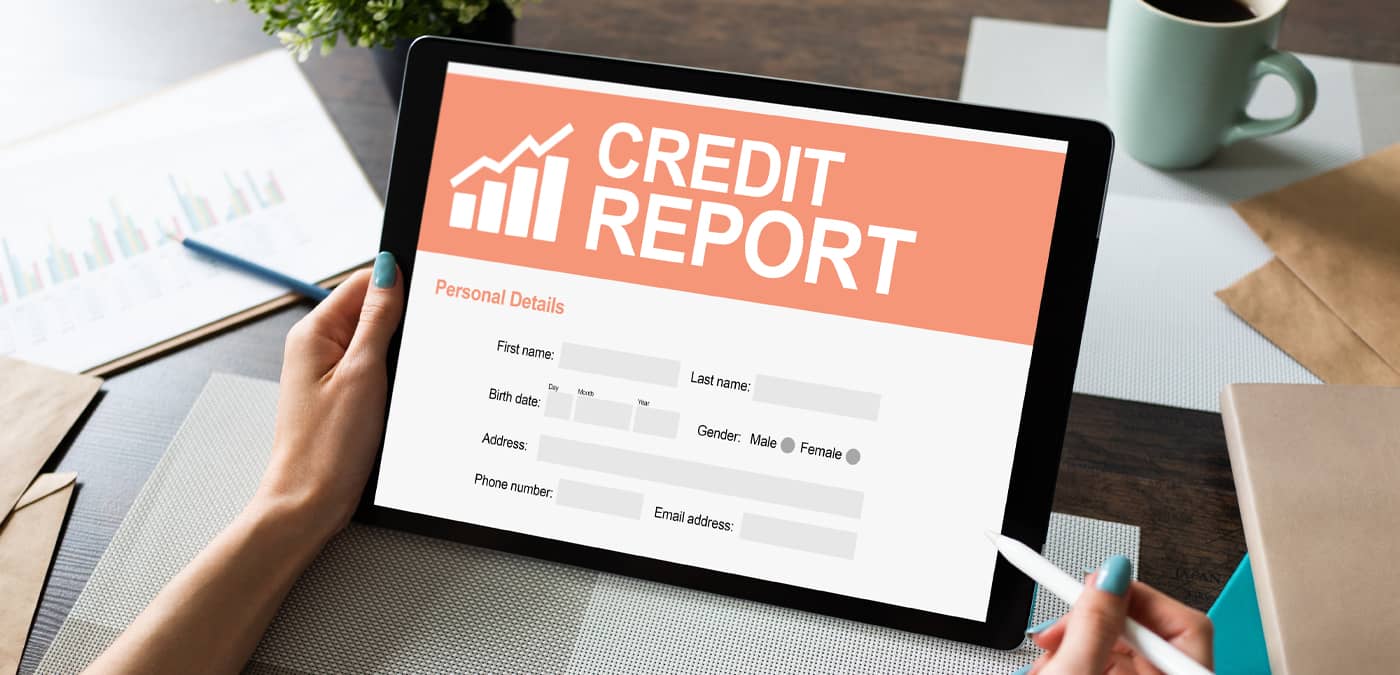How to Dispute a Credit Report

Many people think that if they carefully manage their debt, avoid high-credit balances and pay their bills on time, their credit report will be good. Unfortunately, this is not always the case. According to the Federal Trade Commission, one-in-five credit reports has a hidden mistake. So, even if you’re doing everything right, an inaccuracy might harm your financial health. Because it’s important that your credit report reflects your hard work, you should always dig deeper and not just assume the credit company is correct.
Last year when the pandemic struck, the federal government granted many people extensions on the repayment of some loans. But as Fortune recently pointed out, those extensions were not always accurately reflected in borrowers’ credit reports, making their loans appear past due and negatively impacting their credit score.1 Mistakes like this mean it’s vital to look over your report and take action immediately if you suspect an error.
What is a Credit Report?
A credit report records your history of borrowing and repaying money in the form of loans and credit cards. It documents when you opened each account, how much you borrowed and tracks up to 10 years of monthly payments. It notes when you paid on time or if any payments were late. If you default on a loan it shows on your report, along with any negative consequences. Those consequences could include an account being sent to collections or a foreclosure on a mortgage. Filing for bankruptcy will also appear on your credit report.
You can get a free copy of your credit report every 12 months. Just go to annualcreditreport.com, which is the only authorized site for free credit reports. Be prepared to provide your name, address, social security number and date of birth to verify your identity.
How does a Credit Report Affect You?
A credit report has wide-reaching implications. It can impact your financial health and long-term goals, such as homeownership, buying a car or even getting that dream job. When your credit report is good, it tells creditors you are a responsible borrower and can manage your finances. If your credit report is not so positive, you may run into difficulties.
Common Mistakes to Look For
Errors generally fall into one of three categories: personal information, mistaken accounts and account reporting.
With personal information errors, you may have the wrong name or address listed on your credit report. It could even be as simple as having the wrong middle initial in your name. Your personal information should always be updated whenever you change your name, move or receive a new phone number.
A mistaken account occurs when you spot an account on your credit report that you did not open. This could be due to a simple clerical error or identity theft. Either way, be sure to check your credit report for the number of open accounts.
Account reporting errors are inaccuracies in the actual details of your credit report, such as displaying timely payments as late, showing a closed account as open or reporting inaccurate credit balances. It’s especially critical that you check for closed accounts showing up as open, as they can have a huge negative impact on your credit.
Disputing a Credit Report
This is actually a lot easier and less intimidating than it seems. First, check your credit report and determine if there are any errors. If you find inaccuracies, confirm them with the company that reported the information. For example, if your credit report shows you missed an electrical payment, reach out to your utility company.
From there you can send a dispute letter to credit bureaus, online or through the mail. The easiest and fastest option is to submit online. To do this, go through Experian, TransUnion or Equifax.
To submit a dispute through snail mail, locate the credit bureaus addresses on the Federal Trade Commission’s site.
The FTC also provides a dispute letter template you may find helpful. Include copies of your credit reports with the errors highlighted and materials to support your claims. Make sure you keep copies of everything you send.
Investigation usually takes about a month. Within 30 days, call the credit reporting agencies to follow up on your dispute and ask what action has been taken.
Beyond Your Credit Report
At Heights, we recognize that you’re more than just a credit score. Accordingly, we promise to always treat you like a person, instead of a number on a spreadsheet. If you’ve had past problems with your credit or feel like your current credit is limiting your loan opportunities, come speak with us. We would be happy to meet with you and find a solution that fits your individual situation. Give us a call or drop by your friendly local branch.
1 Fortune: “Your credit score might be fluctuating. What to know before you freak out.”




